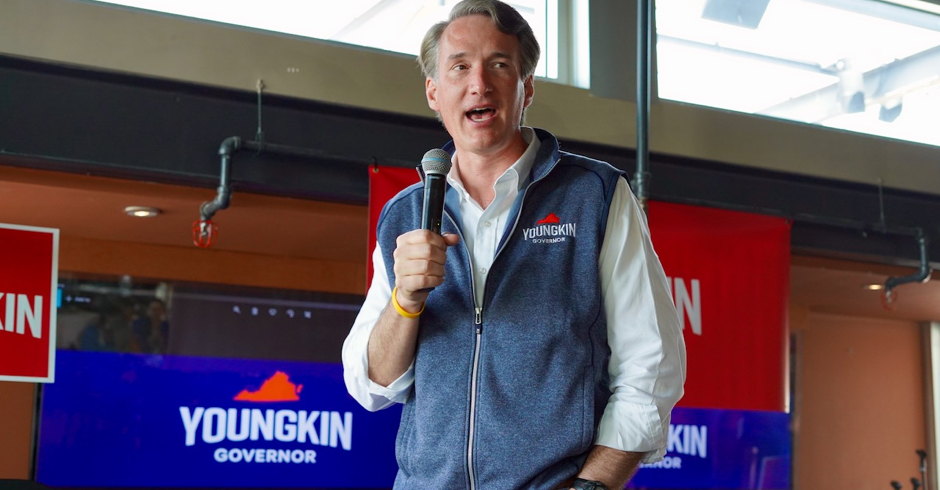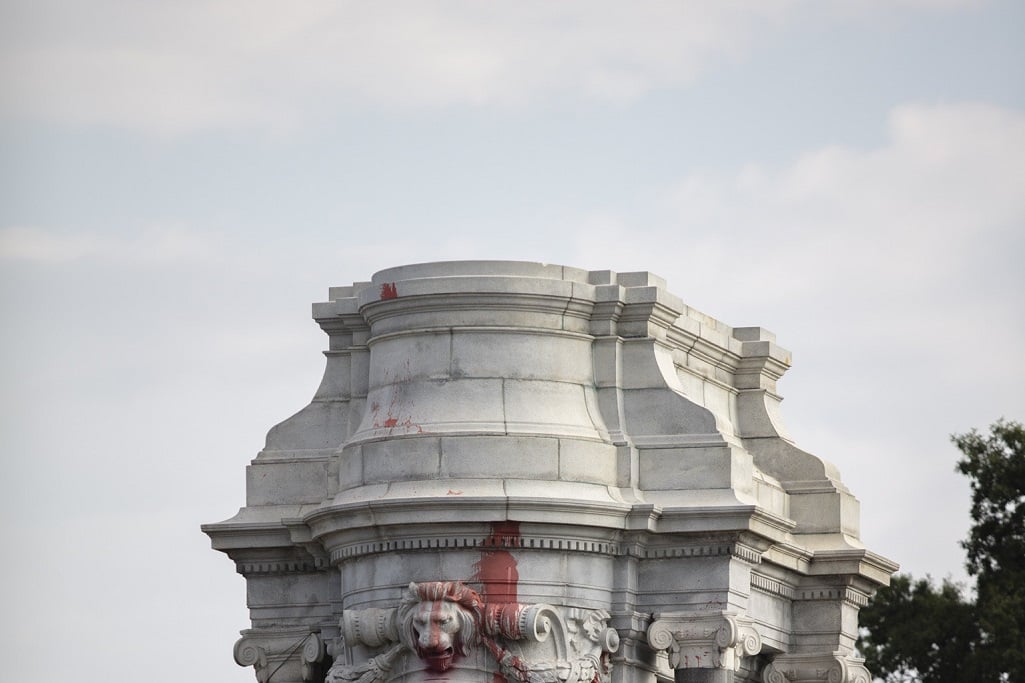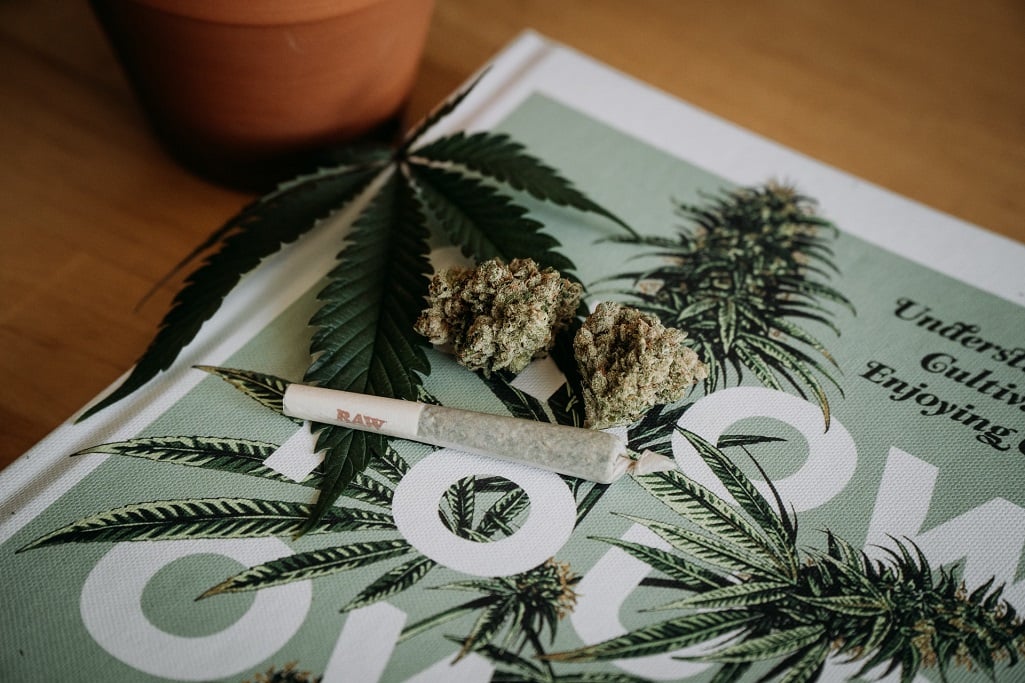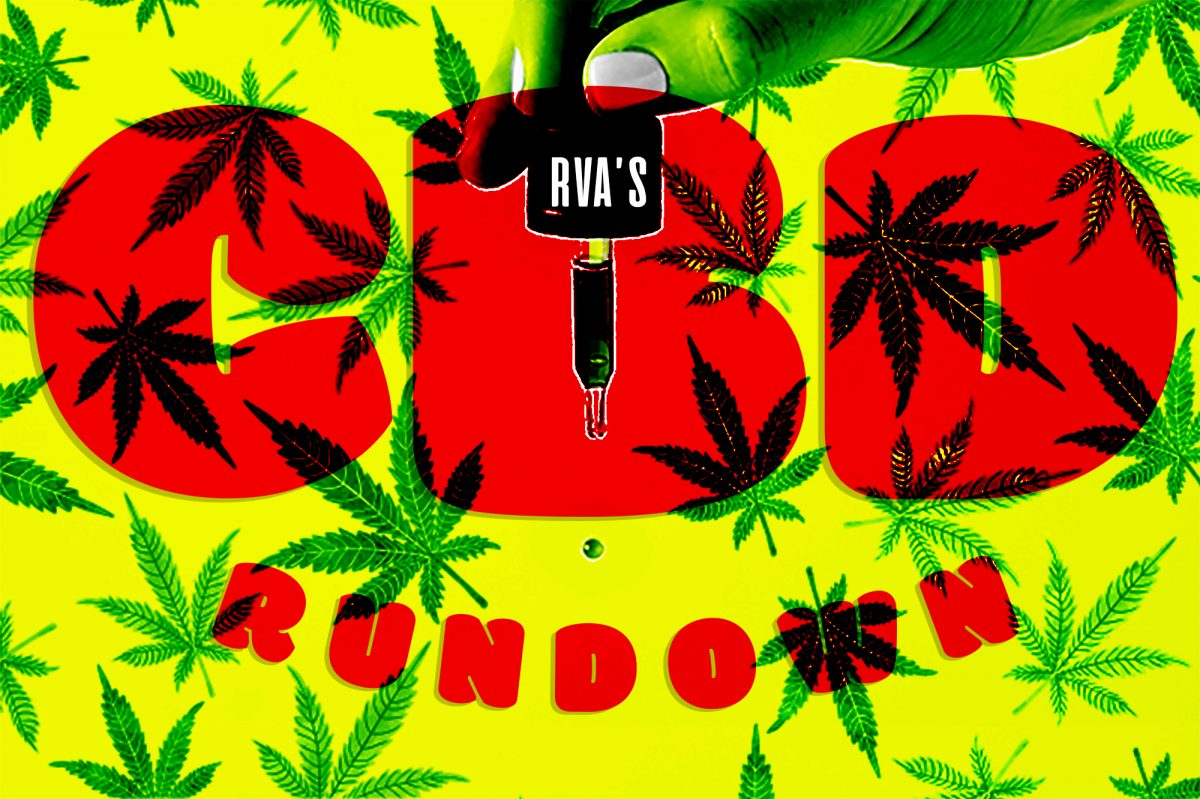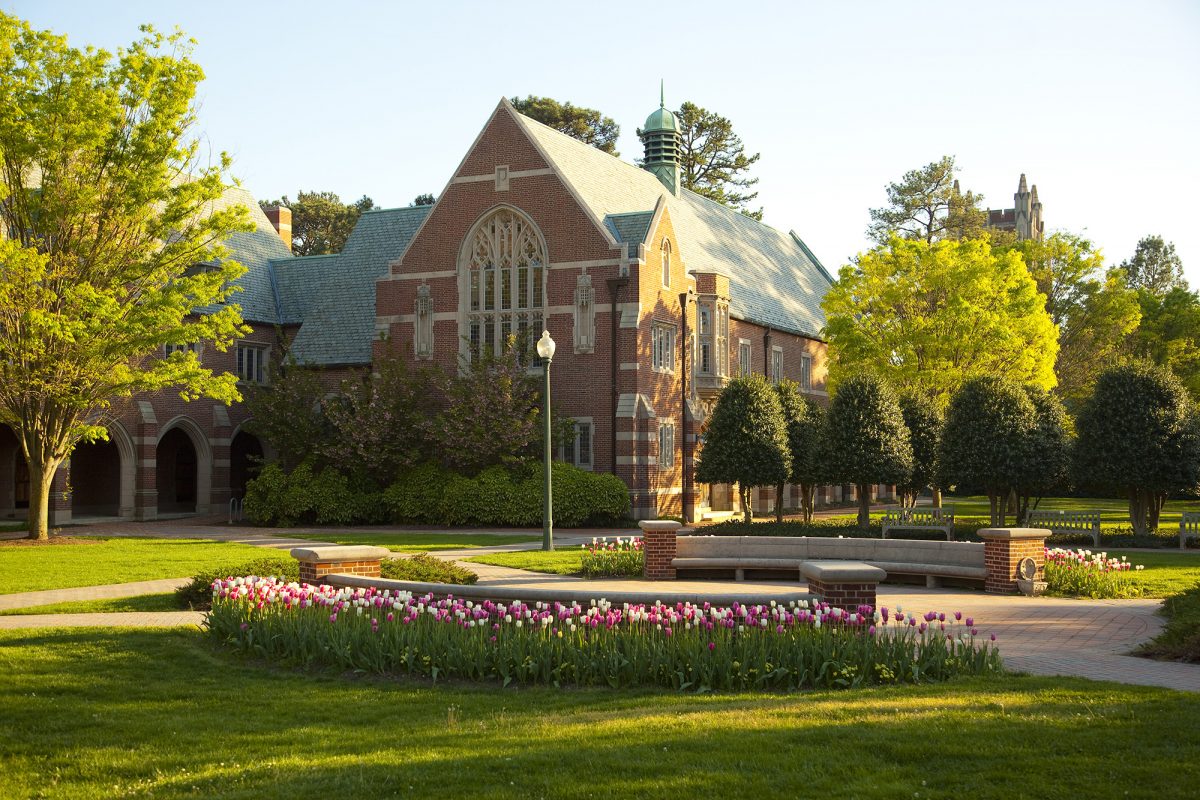A verified social media account for Glenn Youngkin‘s campaign “team” has attacked a high school student who posted a tweet critical of the Virginia Republican Governor. Ethan Lynne appears to be a politically-active high school senior whose bio says he is a Democrat....
